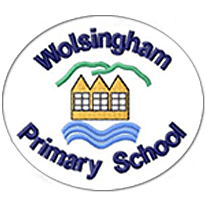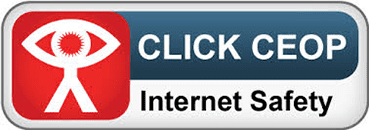Sharing Reading Of All Kinds!
Talk together
Older children continue to need opportunities to talk with you about what they are reading or their reading interests. They may also be interested in what you are reading. Talking gives you both a chance to share and recommend.
Read together
There is never an age when this is not an enjoyable and useful way to spend 10 minutes a day – even your 11 year old will still enjoy the sharing opportunity if it’s on offer. It’s a great idea to get your older children to read with younger brothers and sisters too.
Revisiting favourites
It’s important for children to know that it’s OK to revisit old favourites and memories – even if this may seem like ‘easy reading’ – there’s no mad rush to keep moving on, and we all like the comfort of a favourite book sometimes. Comparing and sharing memories of real life and books will help your child to develop empathy.
Sing together
Why not? Rhythm, rhyme, raps, advertising jingles or the latest top-rated downloadable track can all help the older reader to appreciate and use the patterns of language they hear in both their speech and writing.
Making choices
It’s important to still visit book shops, libraries and places where your child can browse and chat with you about their interests. They’ll start to prefer certain authors or series, or types of reading such as comics, magazines or websites, and with your encouragement, they can learn to make choices for themselves too.
Developing Skills
Phonics and spelling
Children will still need to use their phonic skills to tackle new or unknown words but they will also be learning about spelling patterns and rules, too, so that they have a wider range of tools to use when they get stuck.
Play games
Many games are really useful for developing the skills that children need as developing readers. You probably already have a host of really useful games in the cupboard, so dig out the Scrabble, Bananagrams, Boggle or a crossword, to name just a few.
Listen to your child reading
It’s still really important that your child continues to read aloud to you and this may or may not be from levelled books now, depending on how well their reading is coming along. The emphasis will be on reading fluently and with expression, understanding more complex plots and broadening their vocabulary as well as building an understanding of how punctuation and grammar are used.
Use book talk
Continue to talk about reading in its widest sense (stories, favourite authors and illustrators, series, different types of books including poetry, plays, non-fiction and reference materials, comics and magazines). Join book clubs and online forums to discover the wider reading community.
Check understanding
Whatever your child is reading it’s good to check that they are grasping the deeper levels of meaning (why things happen or how things work). Ask them to tell you about what they are reading, retell parts of the story, explain a specific section or make connections. Don’t forget to explore words and vocabulary with your child too, using dictionaries in print or online.
And most importantly, continue to enjoy what you do together, give lots of encouragement and expand the reading experience to keep your child switched on. Don’t forget – if they are reading something they are not enjoying, it’s OK to read something else. Reading has really got to be a pleasant experience if you want your child to keep reading.
Please select this link What Type Of Reader Is Your Child? to find a range of suggested reading books suitable for different types of readers


